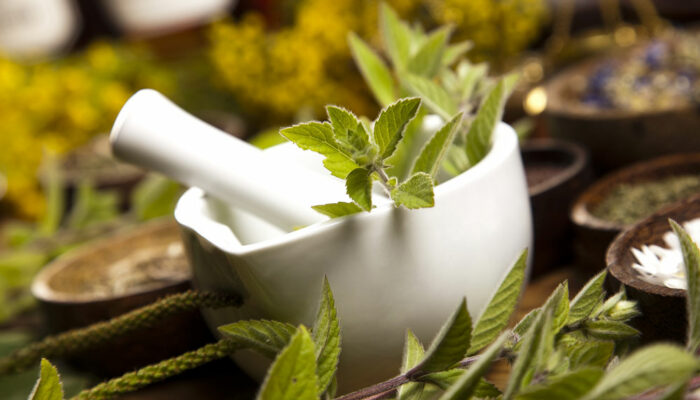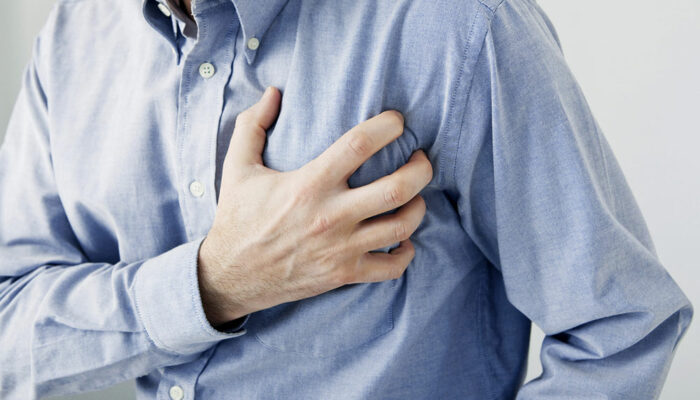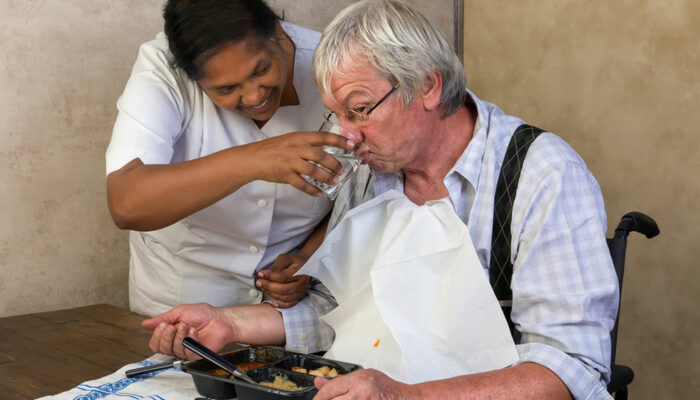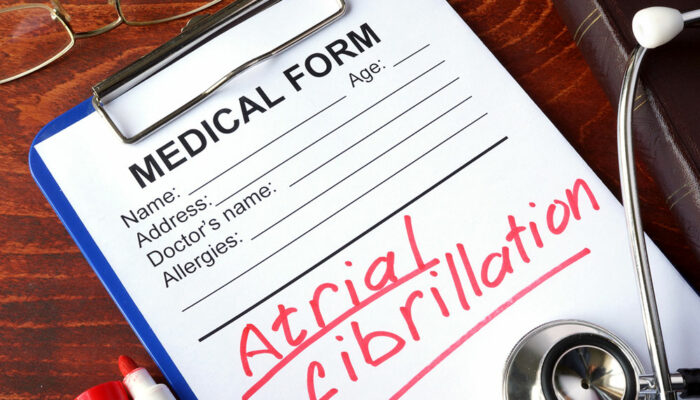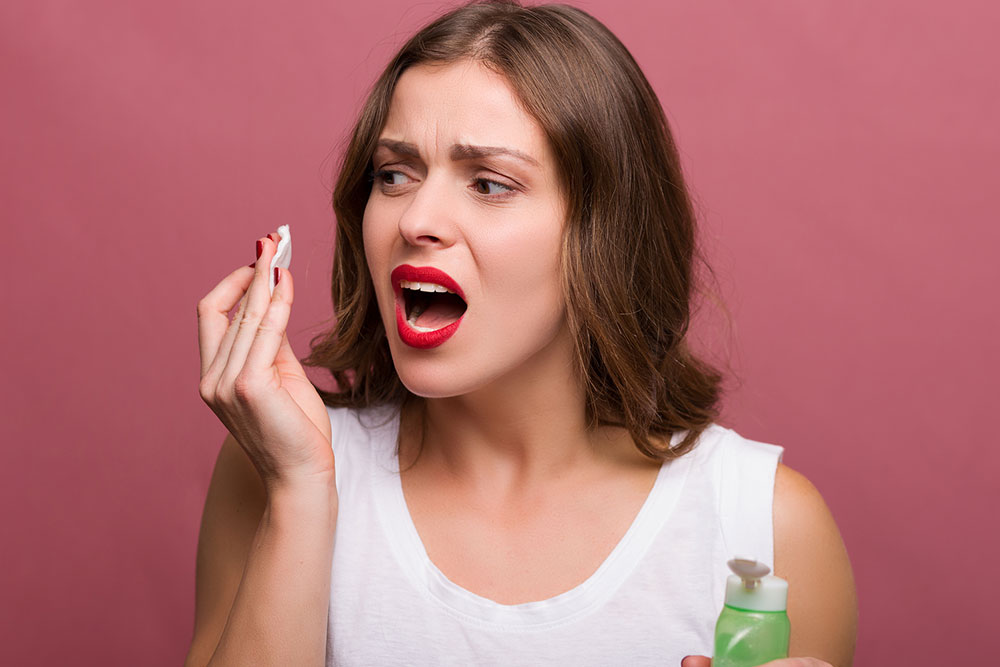
Bad breath – Causes and prevention
Bad breath usually occurs as a result of poor dental health habits, the kind of food you consume, and other unhealthy lifestyle choices. To begin with, all the food that you eat start breaking down in your mouth. If you eat foods such as onion and garlic, brushing, flossing and using a mouthwash covers up the odor on a temporary basis, but the odors won’t go away completely until the food hasn’t passed through your body.
In the absence of daily brushing and flossing, food particles tend to persist in your mouth promoting the bacterial growth in some parts of your mouth such as around the gums, on your tongue and between your teeth. Some of these bacteria even release strong odors that, in turn, cause bad breath. Habits such as chewing tobacco or smoking also cause bad breath, irritate your gums, and stain teeth.
Continual bad breath or a bad taste in the mouth might be a warning sign of gum disease, which is caused by the buildup of plaque on teeth. The bacteria present in plaque cause toxins to get formed which in turn irritate the gums. If gum disease is left untreated, it can severely damage the gums and jawbone. Some of the other dental causes of bad breath include yeast infections of the mouth, dental caries, and poorly fitting dental appliances. A number of other non-dental diseases and illnesses such as pneumonia or bronchitis, postnasal drip, diabetes, liver or kidney problems, chronic reflux of acid and a few other infections of the respiratory tract may cause bad breath too.
Bad breath can be prevented or reduced if you
- Stop smoking and chewing tobacco-based products
Smoking and tobacco both contribute to bad breath, so avoiding them can help as tobacco smell keeps on lingering even after brushing.
- Visit your dentist regularly
Seeing your dentist at least twice a year helps cure bad breath as regular visits give them the chance to detect and test problems such as a dry mouth, periodontal disease, or other issues that may be the very first symptoms of bad breath. Your dentist might conduct an oral examination and clean your teeth professionally if needed.
- Practice good oral hygiene
Always use fluoride toothpaste and brush your teeth at least twice a day to remove any plaque or debris of food that might have accumulated during the day. Don’t forget to brush your teeth as well as your tongue after you eat. Replace your toothbrush every 2-3 months. Use an interdental cleaner or floss at least once a day to remove food particles and plaque from places where your toothbrush doesn’t clean effectively, such as between the teeth.
- Drink a lot of water
Drinking water in an adequate quantity throughout the day can help keep your mouth moist. Sucking onto candy or chewing onto gum also stimulate the production of saliva in the mouth, which helps wash away food particles and bacteria.
Bad breath, also known as halitosis, can be embarrassing and, in certain cases, can even cause anxiety. If simple self-care techniques don’t solve your problem related to bad breath, then you might want to see your dentist or physician to be certain that a more serious condition isn’t causing it.

